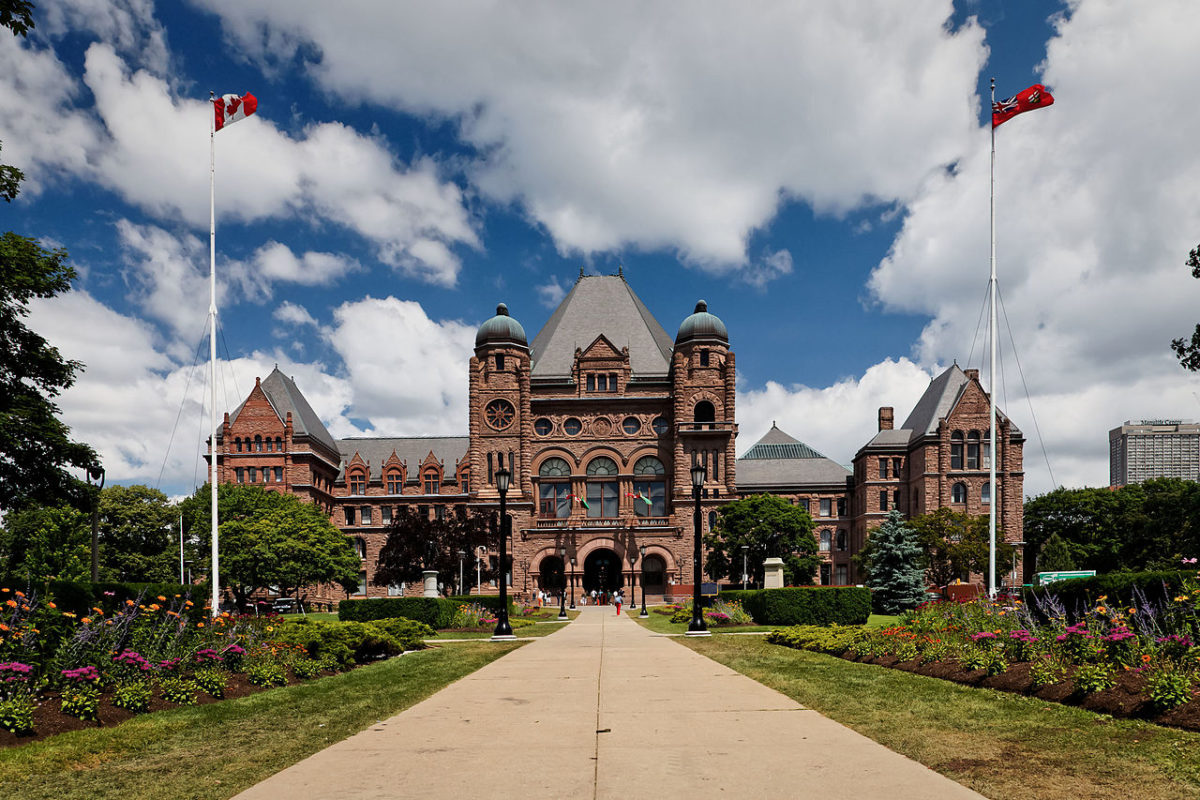Promise follows New Democrat’s proposed bill to close rent hike “loophole”
Following the announcement of an Ontario New Democrats (ONDP) private members’ bill, the Liberal government has pledged to reform rent control in the province.
In a statement, Liberal housing minister Chris Ballard called the rising housing costs facing Ontarians “unacceptable.”
“That’s why my staff are already developing a plan to address unfair rises in rental costs by delivering substantive rent control reform in Ontario as part of an ongoing review of the Residential Tenancies Act,” he said.
The statement was issued hours after Peter Tabuns, an ONDP MPP announced that he was introducing a private members’ bill to change the province’s rent control laws so that residential units built after 1991 will be subject to limits on rent increases.
Once a lease has expired, it’s currently legal for rent to be increased at the landlord’s discretion in residential rental units built after Nov. 1, 1991.
For Tabuns, having no rent control for newer residential buildings is a “loophole” that needs to be closed.
“It doesn’t seem justifiable to continue having a two-tier rental market with people in older buildings being protected by rent control and new people, many of them young and trying to get into the housing market, not having any protection at all,” said Tabuns, who represents the riding of Toronto-Danforth.
Rent control is a government policy where the rate of rent increases is restricted to help keep housing affordable for tenants and to stop market fluctuations from disrupting existing renter’s tenancies.
In 1997, the Progressive Conservative government led by Mike Harris enacted the Tenant Protection Act, which repealed the Rent Control Act alongside other landlord and tenant-related laws. Residential units built before Nov. 1, 1991 had rent controls grandfathered in, while those built afterward did not.
For pre-1991 Ontario rentals, the provincial government sets a yearly permissible rate increase linked to the Ontario Consumer Price Index. For this year, units built before 1991 were permitted a rent increase of 1.5 per cent
“Right now, if you move into a building built after 1991 as a tenant, you don’t have any rent protection at all,” said Tabuns. “So we’re hearing stories about landlords who are raising rent 30 to 40, (and) in some cases 100 per cent. What this bill will do is bring all rental units under rent control legislation so people will have some protection.”
For students, dramatic rent hikes and housing pressures can affect them in more ways than one.
“On one hand, we’re seeing students pay an arm and a leg just to live; on the other hand, we see a lot of students opting to live with their families and paying sky-high transit fees,” said Gayle McFadden, national executive representative for the Canadian Federation of Students-Ontario.
Student residences, like George Brown College’s The George, are not subject to rent-control laws. But McFadden, who is optimistic about what Tabun’s bill proposes, said that simple measures, such as including residences under Ontario landlord and tenant laws, would solve some affordability issues facing students.
Tabuns private members’ bill is set to be introduced on Monday, March 20.
With files from Steve Cornwell



